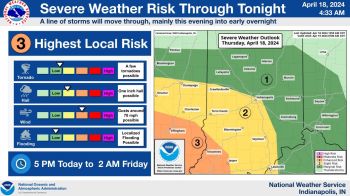(CNN) — The House of Representatives on Friday approved the historic $2 trillion stimulus package that passed the Senate earlier this week, overcoming last-minute drama by using an unusual procedural move to thwart a demand by a conservative Republican to force members to vote in person.
The Republican, Rep. Thomas Massie of Kentucky, infuriated members in both parties by bringing them back to Washington amid uncertainty over whether he would request a full roll call vote. That uncertainty forced many to travel during the public health emergency simply to deny his demand in order to ensure swift passage of the measure on Friday.
The bill now goes to President Donald Trump’s for his signature as the American public and the US economy fight the devastating spread of Covid-19.
The far-reaching legislation stands as the largest emergency aid package in US history. It represents a massive financial injection into a struggling economy with provisions aimed at helping American workers, small businesses and industries grappling with the economic disruption.
Key elements of the package include sending checks directly to individuals and families, a major expansion of unemployment benefits, money for hard-hit hospitals and health care providers, financial assistance for small businesses and $500 billion in loans for distressed companies.
Key provisions in the stimulus
A centerpiece of the stimulus package is that it will provide direct financial assistance to Americans in the form of checks with the amount received based on income.
Individuals who earn $75,000 in adjusted gross income or less would get direct payments of $1,200 each, with married couples earning up to $150,000 receiving $2,400 — and an additional $500 per each child.
The payment would scale down by income, phasing out entirely at $99,000 for singles and $198,000 for couples without children.
In addition, the bill would provide billions of dollars in aid to hard-hit hospitals struggling to deal with the outbreak as well for state and local governments that are cash-strapped due to their response to coronavirus.
One point of contention in negotiations centered around a fund for distressed industries, with Democrats worrying that there would not be adequate oversight. In a compromise move, the final deal provides for accountability through an independent Inspector General and congressional oversight panel.












